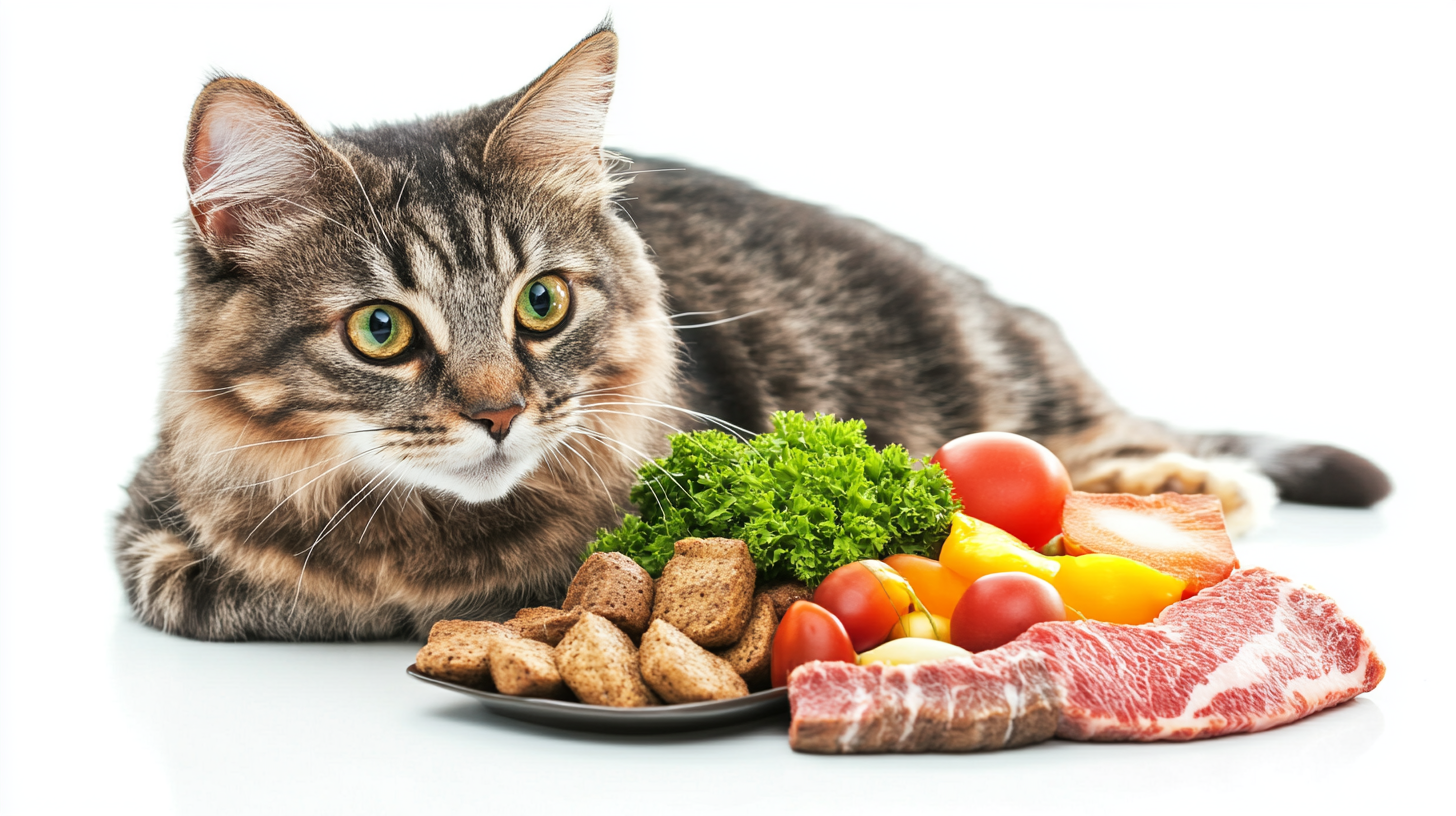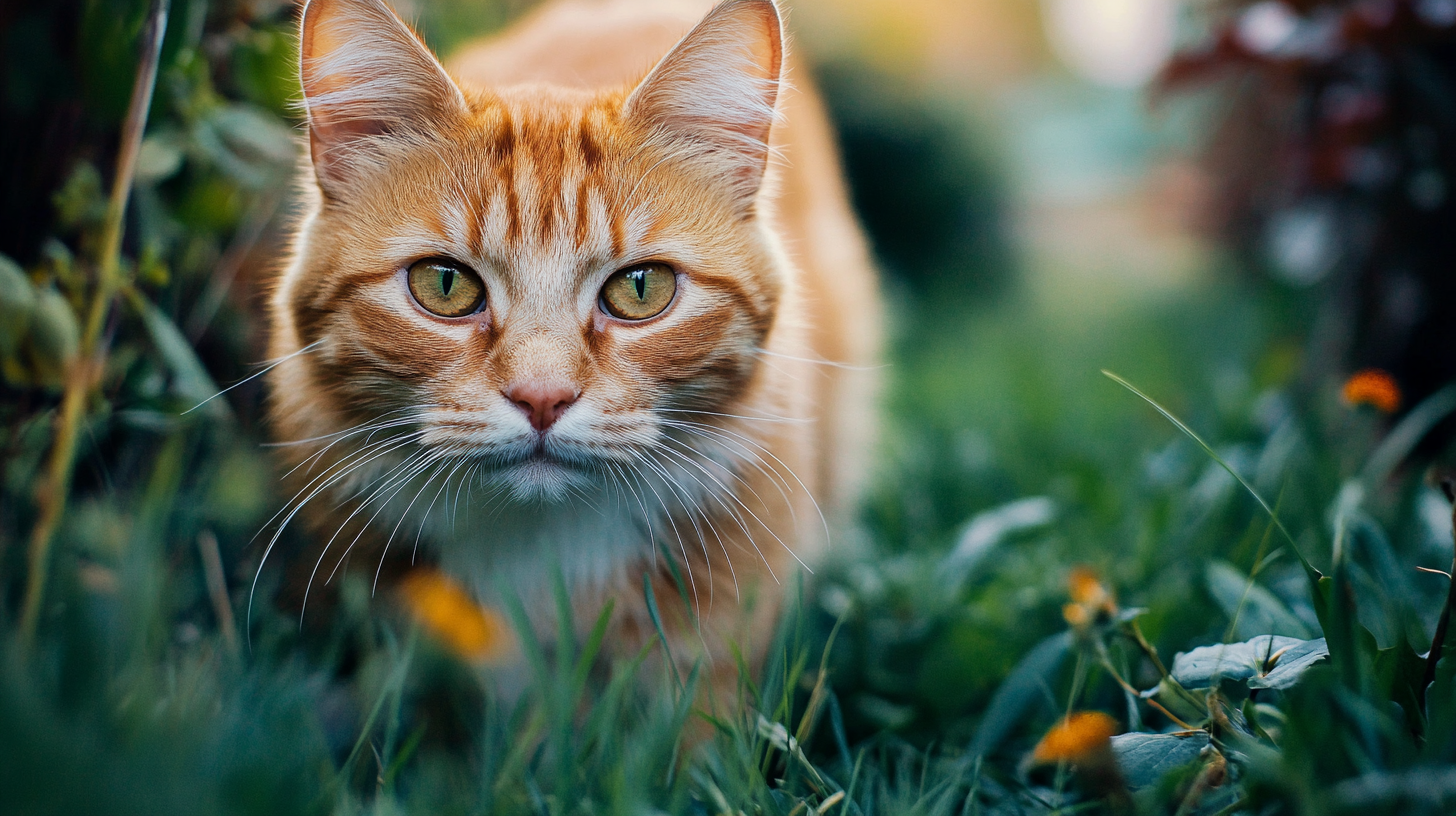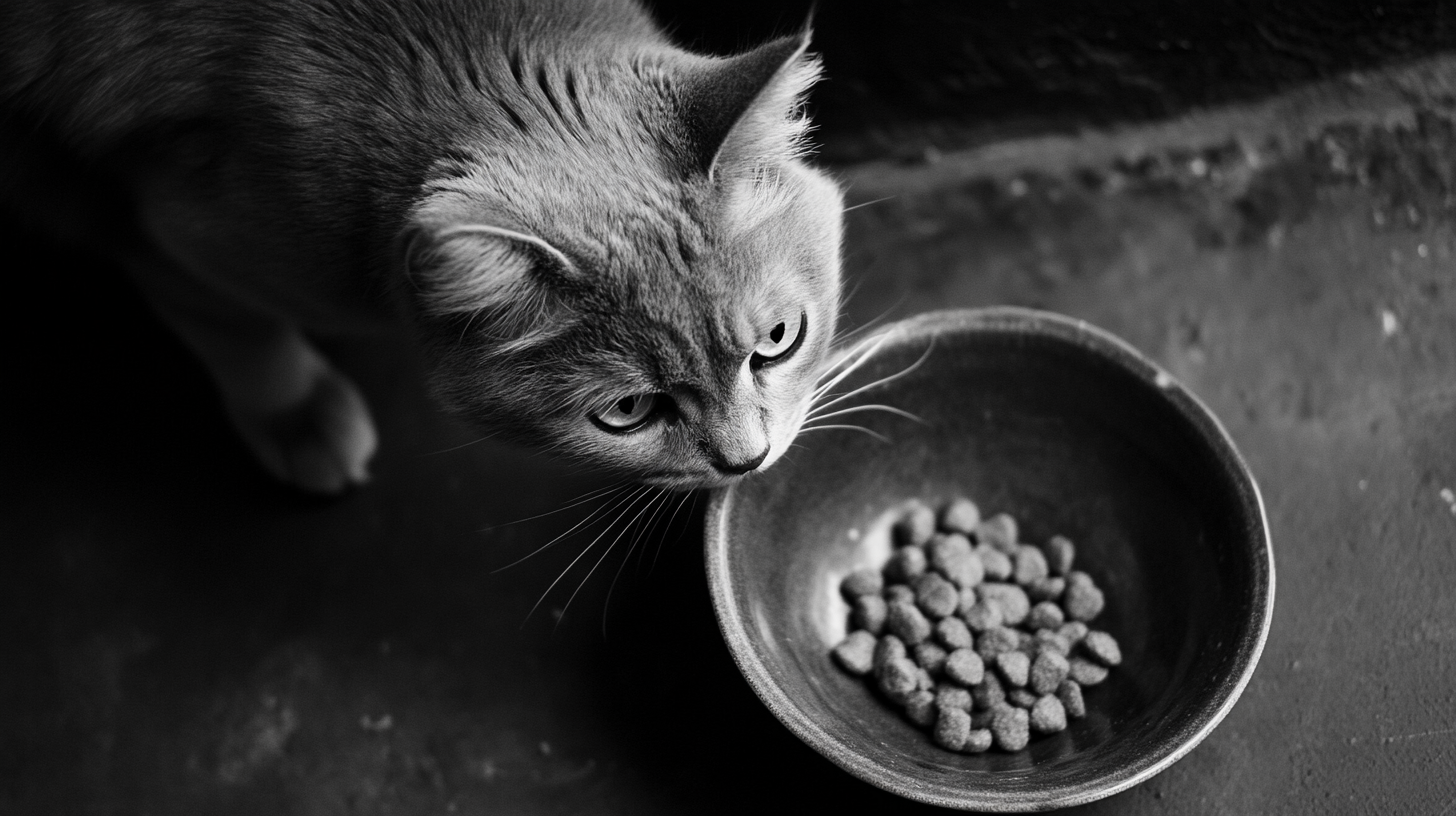Why is it important to take care of proper nutrition?
A cat is a cat. What to think about her diet? I’ll buy her the cheapest food and that’s it. In fact, cats are living beings just like us. They also need vitamins and trace elements. If a person constantly eats unhealthy food, what do you think will happen to their body?
The cat’s stomach plays an important role in its health. It is not only responsible for digesting food but also directly affects your pet’s overall condition. Feeding high-quality food will help prevent digestive problems in the future, ensuring your friend a long and healthy life. Good food contains all the necessary nutrients that support a cat’s energetic lifestyle and its immune system.
Think about what you are giving your pet. Just like for a human, proper nutrition for a cat is crucial. By providing her with a balanced diet, you contribute to her well-being and increase the likelihood that she will remain active and joyful for many years.
Don’t forget the importance of regular feeding and monitor how your pet reacts to new foods.

1.Before figuring out what is best for your pet, I suggest paying attention to the anatomy and physiology of cats. Their digestive system is indeed unusual. Like all living beings, cats have their own peculiarities in structure and functioning. What is beneficial and tasty for humans may be completely unsuitable for cats.
Cats have only 475 taste receptors, while humans have about 9000. They can recognize bitter, sour, and salty tastes, but they cannot perceive sweetness. Cats simply cannot perceive sweetness. Moreover, it is important to consider the volume of food—humans can stretch their stomachs, whereas cats do not have this ability. Don’t forget that a cat’s stomach is much smaller than that of a dog or a human; you could say it holds no more than a thimble. Interestingly, an adult cat’s stomach can hold only 30-35 ml of food. For this reason, if your pet overeats, it might simply vomit. Cats have a delicate nature, and they have very good hearing. It is both an ally and an enemy: a cat will never eat in a noisy environment, preferring secluded, dark places with minimal sounds.
The cat’s stomach is located between the esophagus and the beginning of the small intestine and, like in all mammals, is an important part of their vital functions.
Have you ever wondered if you have teeth? Of course, teeth are not only in the mouth, but also in the stomach. However, unfortunately, unlike humans, cats do not have teeth in their stomachs.
This means that all the chewing of food happens exclusively in the mouth.
Have you ever noticed that you can see letters on cats? For example, the letter “M” on the forehead or a slightly bent “J” to the left. Of course, you won’t see the letter “J,” because that is the shape of a cat’s stomach.

- How to properly choose the perfect cat food?
Each of us has our own taste preferences and needs, and cats are no exception. These elegant creatures are true gourmets who require special attention to their diet. It is important to remember that cats are natural predators, and their diet should reflect this.
Each cat is unique with its own individual preferences. Therefore, it is important to start from what your fluffy companion likes. For example, does she like fish, chicken, or turkey meat? Pay attention to your pet’s reaction to different types of food.
You have probably already heard of the term “holistic”? This word refers to food made with the most natural and high-quality ingredients. Holistic-grade feeds are the best option if you want to provide your cat with a complete diet. However, the most beneficial options remain the homemade dishes you prepare for your pet, whether it’s a tender pâté or slices of fresh meat.
But how can you determine if the food is really good? Below are some tips to help you choose quality food for your pet:
- Carefully examine the composition of the food. Carefully examine the composition of the feed. Study the ingredients it contains. The first ingredients on the list should be high-quality meat sources.
- Pay attention to the expiration dates. Pay attention to the expiration dates. Never give your pet food that has expired. Make sure the product is fresh.
- How to tell if the cat doesn’t like the food?

You have already visited all the stores and purchased almost all the food on the shelves, but your cat stubbornly refuses to eat? Let’s figure out the possible reasons for this behavior.
First of all, it is worth considering that your pet may have health problems. If the cat is not eating the food, it may be a sign of illness or discomfort. In such cases, it is recommended to consult a veterinarian for an examination and professional advice.
Secondly, check how you store the food and how correctly you serve it. Feed quickly loses its flavor and can become stale. It is important to remember that owners should also monitor the preservation of the food. Wash your pet’s bowls and change the food to avoid bacteria and unpleasant odors.
Don’t forget about your pet’s pickiness either. Cats can exhibit peculiarities in their eating habits and prefer certain flavors or textures. Perhaps she is simply not very interested in the food you are offering her.
To ensure your cat’s health and good mood, pay attention to her diet and preferences. Remember, a happy and well-fed pet is the key to harmony in your home!
Be attentive to her needs, and she will respond to you with love and affection!

